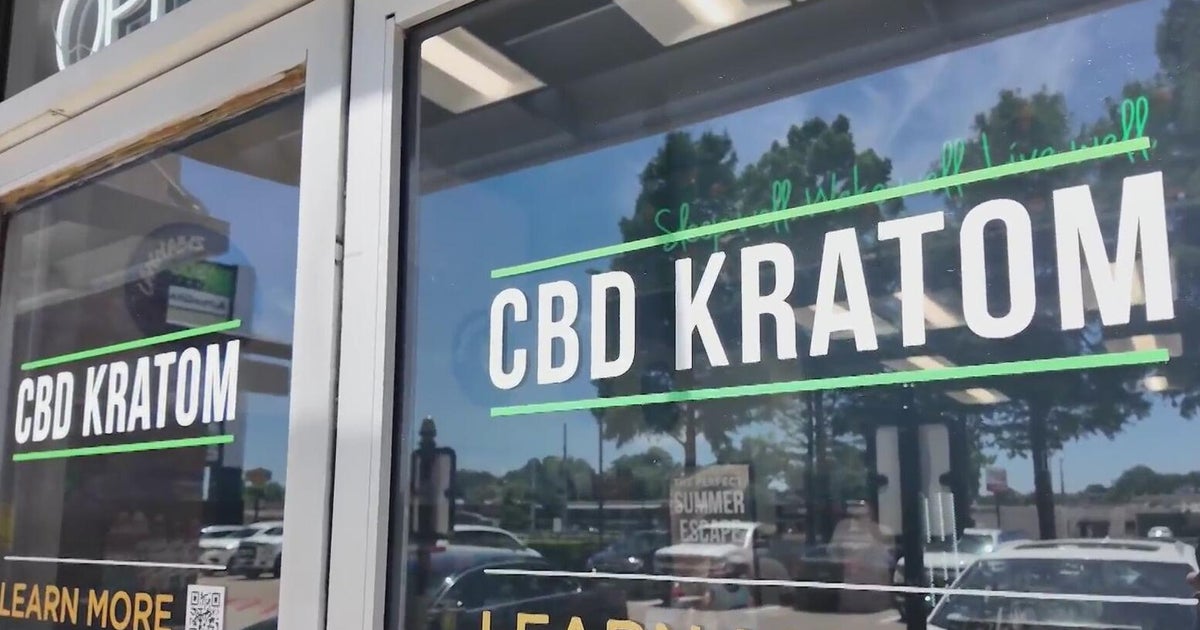Home / Crime and Justice / Kratom Byproduct 7-OH Banned in Florida, Users and Sellers Fight Back
Kratom Byproduct 7-OH Banned in Florida, Users and Sellers Fight Back
13 Nov
Summary
- Florida bans sale and manufacture of 7-OH, a potent kratom byproduct
- Businesses and users file complaint, claim ban lacks scientific basis
- 7-OH users say it helped them overcome opioid addiction

In August 2025, the Florida Attorney General issued an emergency rule prohibiting the sale and manufacture of 7-hydroxymitragynine (7-OH), a concentrated byproduct of the kratom plant. The ban went into effect immediately, leaving businesses with significant unsold inventory and causing a 60% drop in sales for one distributor.
Companies and 7-OH users have now filed an administrative complaint, alleging the emergency ban is invalid. They argue there is insufficient scientific evidence to show 7-OH poses an "imminent hazard to public safety," as required by state law for such emergency measures. The complaint states 7-OH has been widely used as a harm reduction tool by people struggling with opioid addiction, and there is no data on widespread misuse or overdose deaths linked solely to 7-OH.
The Attorney General had planned to work with lawmakers to make the 7-OH ban permanent during the 2026 legislative session. However, the complaint maintains that no new science has emerged since the FDA dropped an effort to ban 7-OH in 2018. Proponents of 7-OH also claim opioid deaths have dropped since the compound entered the market two years ago.
The legal challenge highlights the ongoing debate around kratom and its derivatives. While Florida recently banned the sale of kratom to minors, efforts to regulate or ban the substance altogether have not yet succeeded. The 7-OH ban has pitted manufacturers and consumers of the concentrated alkaloid against advocates for traditional kratom powder or leaf products.




